DanFrank
TPF Noob!
- Joined
- Dec 27, 2010
- Messages
- 11
- Reaction score
- 0
- Location
- Buffalo. NY
- Can others edit my Photos
- Photos OK to edit
For years Ive always used a point and shoot Canon. Ive always had the desire to buy a DSLR, but just never pulled the trigger. Untill now! I prefer Canon, because Ive used to the interface. But Im not oppose to Nikon. My budget is around $1700 give or a take a few bucks. I know for a body I want to go used. (7D,60D or D7000). Ive read Canon lens are slightly better, but with such amazing review for the D7000, im willing to give Nikon a try.
Here are my questions:
-should I buy the cheapest of the 3 (60D) and add 1 monster prime lens, or two difference lens?
-for someones first DSRL is the all metal body a big deal?
I know Ill be happy with either body and which ever glass I choose. Id like to have for 4-5 years and not WANT to upgrade after 1 or 3 years. Any help with picking a combo of body and lens would be helpful. I love the whole shooting at night. (bars, street lights, restaurants, monuments) but also want a good all around lens for parties, holidays, backyard events.
Here are my questions:
-should I buy the cheapest of the 3 (60D) and add 1 monster prime lens, or two difference lens?
-for someones first DSRL is the all metal body a big deal?
I know Ill be happy with either body and which ever glass I choose. Id like to have for 4-5 years and not WANT to upgrade after 1 or 3 years. Any help with picking a combo of body and lens would be helpful. I love the whole shooting at night. (bars, street lights, restaurants, monuments) but also want a good all around lens for parties, holidays, backyard events.


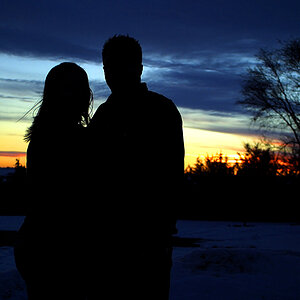
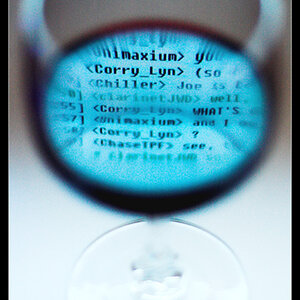
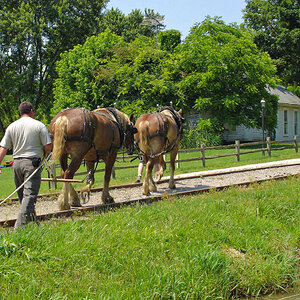

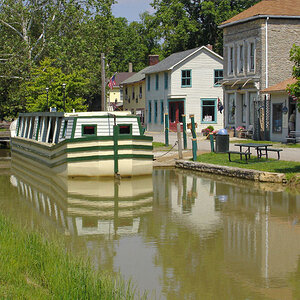
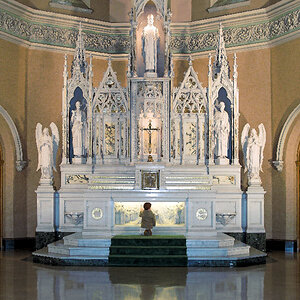
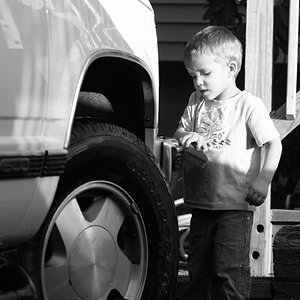

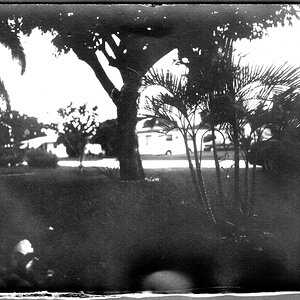
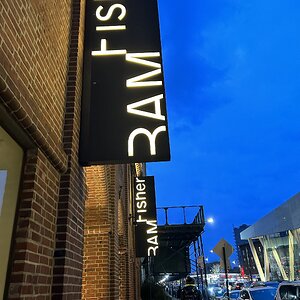
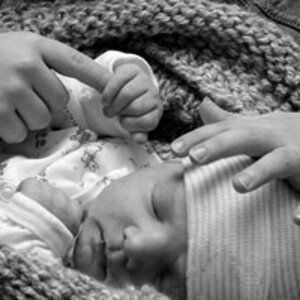
![[No title]](/data/xfmg/thumbnail/39/39290-dfb3e819bd94a7f30797638ae1ae27cf.jpg?1619738958)